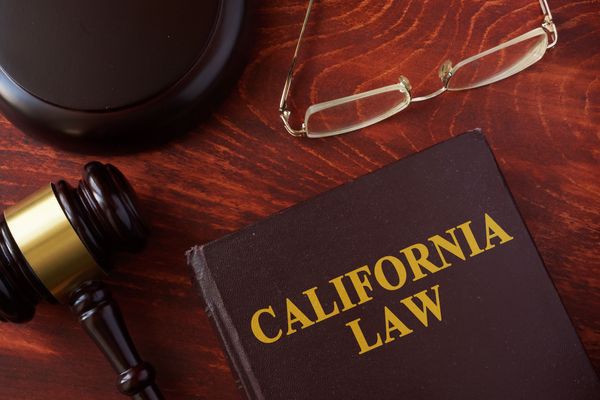When you own property that is subject to an easement, it can mean several things. For instance, a utility company may have the right to enter your land to maintain power lines and equipment. Another easement may permit a landlocked neighbor to come and go from their property over your parcel. When you are in this situation, and other parties are using your property, questions may arise about upkeep. In other words, when it comes to easement obligations, do users have to help pay for maintenance?
What is an Easement?
An easement allows another person or entity to use the land of another for a limited purpose. The property’s owner continues to possess the area and can keep it for their own use and enjoyment except to the extent that it conflicts with the easement.
California law recognizes several types of easements. However, generally speaking, easements can be created by necessity, such as a landlocked neighbor who must cross your property to get to the public road. There can also be easements in gross, which attach to a party rather than the land. This often occurs with an entity such as a utility or phone company. When another party uses your property openly, and for an extended period, an easement can also be created by prescription.
Who Maintains the Easement?
When another party has a non-possessory right to use your property, it would seem like they would have an obligation to help pay for its maintenance. Although it may sound strange that someone gets to use your property and not have to pay for it, that may be the situation. California law states that the easement’s owner “in the nature of a private right-of-way, or of any land to which any such easement is attached, shall maintain it in repair.” This does not mean that the using party can damage your land without liability. For example, if the utility company comes onto your property and causes damage, you may have grounds to seek compensation. Likewise, the same could be true if another party intentionally or negligently caused damage to your property.
If you co-own the easement with others, the cost of maintaining the easement will be shared proportionally by you and the other owners. If a co-owner refuses to pay his or her share of the expenses after you ask for them in writing, you and any other owners can take the non-paying owner to small claims court before, during, or after the performance of the maintenance work.
Contact the Law Office of Raffy Boulgourjian
California’s easements are complicated, and it’s essential that you review your situation with an experienced real estate attorney before taking further action. Attorney Raffy Boulgourjian is a California real estate attorney with over twenty years of experience representing clients in residential and commercial real estate matters. He has the knowledge and expertise to protect your interests during your California real estate matter. Contact Mr. Boulgourjian today to schedule a free legal consultation to discuss your California real estate legal needs.


